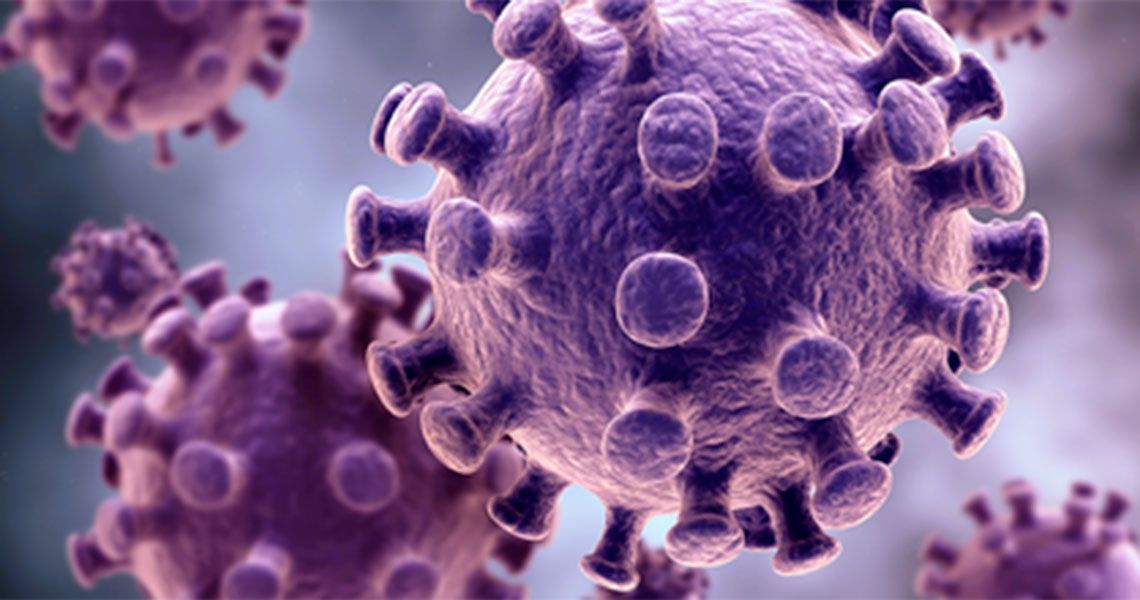WASHINGTON (March 21, 2013) – Cocaine, already a damaging drug for those with healthy immune systems, can be lethal for those living with human immunodeficiency virus (HIV). Mudit Tyagi, Ph.D., assistant professor of medicine at the George Washington University (GW) School of Medicine and Health Sciences (SMHS), has received two federally funded grants to study how dangerous this combination is in HIV patients.
Both grants are from the National Institute on Drug Abuse, a component institute of National Institutes of Health, which support research focusing on illicit drugs abuse. The first grant he received, titled “Cocaine Enhances HIV Replication by Inducing Transcriptionally Active Chromatin,” is for $405,000 and the second grant, titled “Cocaine Induced Selective Epigenetic and Signaling Pathways Enhance HIV Replication,” is for $317,000. These grants will allow Tyagi to investigate the impact of drug abuse on HIV gene expression, replication and transmission, especially in brain cells, as the brain is a primary target for both drugs and HIV.
“We are seeing new cases of HIV coming from the younger generation,” said Tyagi. “And, unfortunately, the majority of these cases are coming from persons taking these illicit drugs.”
Abusing drugs, such as cocaine, is known to modify both cellular epigenetics and signaling pathways, which in turn modulate the expression of several cellular genes. This has led researchers to believe that gene expression of integrated HIV proviruses are also influenced with this type of stimuli that eventually translates into enhanced HIV replication and transmission in drug addicted HIV patients. Cocaine, one of the most widely abused drugs in the United States, impairs both the normal functioning of brain cells and activates HIV gene expression in the central nervous system. As a result, HIV-infected individuals who abuse cocaine experience a more severe and rapid onset of NeuroAIDS than non-abusing individuals.
“As the population is getting older, we are having a lot of instances of HIV episodic dementia – known as HIV Associated Dementia (HAD),” said Tyagi. “Drug abuse induces these problems, even in younger HIV patients, and escalates them in older patients.”
Additionally, drug abusers have a higher risk of getting infected with HIV through sharing needles and having unprotected sex.
Tyagi’s research will focus on the study of the molecular mechanisms involved in the regulation of HIV gene expression and replication by cocaine in two primary macrophage cells, microglial (residential macrophage cells of brain) and peripheral macrophages (the circulating macrophage cells). Cocaine is known to modulate expression of several cellular genes by inducing selective chromatin modifications that regulate a specific set of enzymes. His team of researchers will investigate how gene expression of integrated HIV provirus is affected by cocaine-induced selective core histones acetylations in those primary cells. These modifications ultimately contribute to a more rapid deterioration of the immune and nervous systems, which is quite prevalent in HIV patients who abuse drugs.
This work is expected to lead towards the discovery of new mechanisms to regulate HIV replication in the context of drug abuse. A better understanding of these mechanisms could reveal new drug targets and open up new avenues for improved pharmaceutical interventions in HIV patients who are addicted to drugs.



